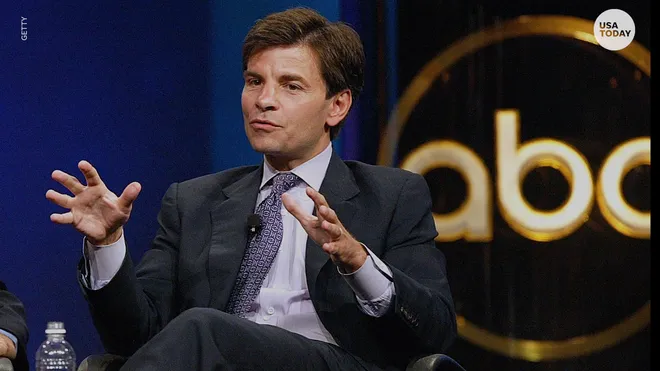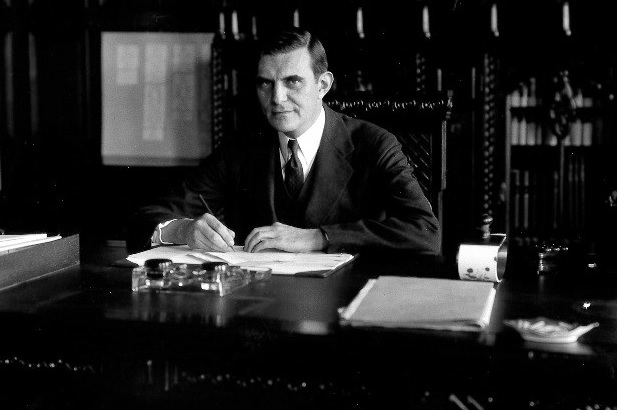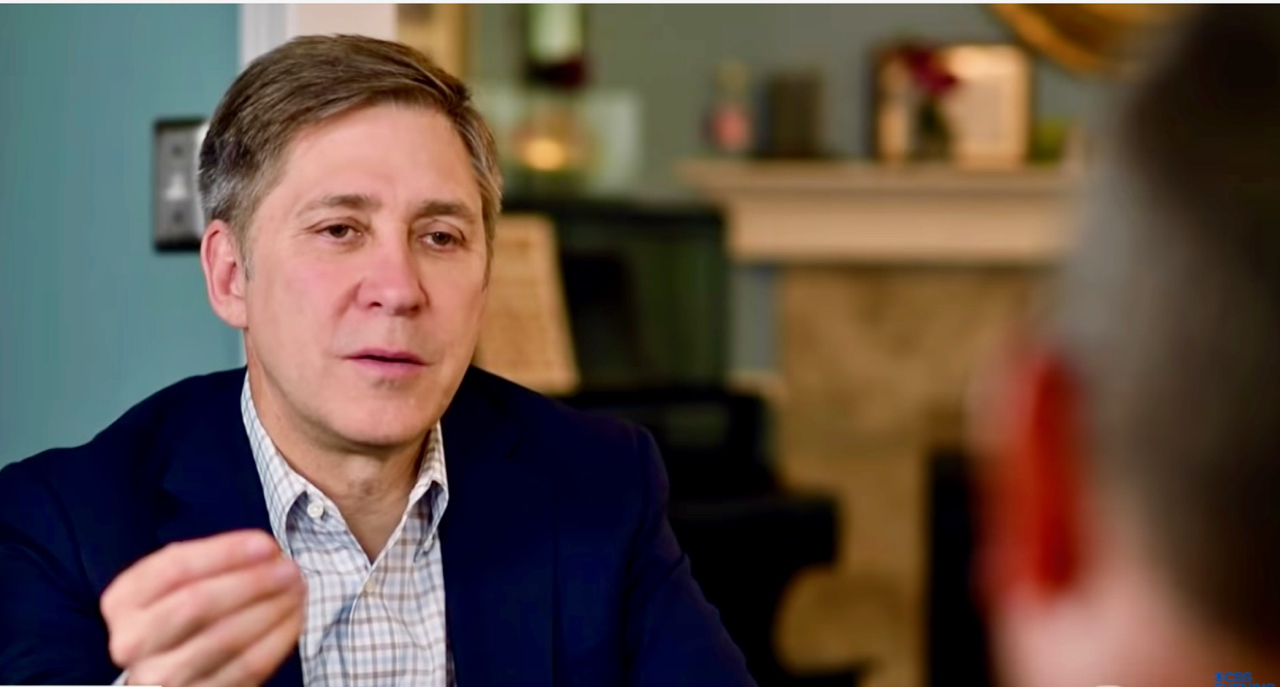Pamela Hartzband and Jerome Groopman are physicians on the faculty of Harvard Medical School. Wednesday’s Op-Ed, from The New York Times (Nov. 19), discusses the corruption in medical practice, largely conducted behind the scenes, at a cost to all of us.

“When we are patients, we want our doctors to make recommendations that are in our best interests as individuals. As physicians, we strive to do the same for our patients.
“But financial forces largely hidden from the public are beginning to corrupt care and undermine the bond of trust between doctors and patients. Insurers, hospital networks and regulatory groups have put in place both rewards and punishments that can powerfully influence your doctor’s decisions.
“Contracts for medical care that incorporate ‘pay for performance’ direct physicians to meet strict metrics for testing and treatment. These metrics are population-based and generic, and do not take into account the individual characteristics and preferences of the patient or differing expert opinions on optimal practice.
“For example, doctors are rewarded for keeping their patients’ cholesterol and blood pressure below certain target levels. For some patients, this is good medicine, but for others the benefits may not outweigh the risks. Treatment with drugs such as statins can cause significant side effects, including muscle pain and increased risk of diabetes. Blood-pressure therapy to meet an imposed target may lead to increased falls and fractures in older patients.
“Physicians who meet their designated targets are not only rewarded with a bonus from the insurer but are also given high ratings on insurer websites. Physicians who deviate from such metrics are financially penalized through lower payments and are publicly shamed, listed on insurer websites in a lower tier. Further, their patients may be required to pay higher co-payments.
“It is not just treatment targets but also the particular medications to be used that are now often dictated by insurers. Commonly this is done by assigning a larger co-payment to certain drugs, a negative incentive for patients to choose higher-cost medications. But now some insurers are offering a positive financial incentive directly to physicians to use specific medications. For example, WellPoint, one of the largest private payers for health care, recently outlined designated treatment pathways for cancer and announced that it would pay physicians an incentive of $350 per month per patient treated on the designated pathway.
“This has raised concern in the oncology community because there is considerable debate among experts about what is optimal. Dr. Margaret A. Tempero of the National Comprehensive Cancer Network observed that every day oncologists saw patients for whom deviation from treatment guidelines made sense: “Will oncologists be reluctant to make these decisions because of an adverse effects on payments?” Further, some health care networks limit the ability of a patient to get a second opinion by going outside the network. The patient is financially penalized with large co-payments or no coverage at all. Additionally, the physician who refers the patient out of network risks censure from the network administration.
“When a patient asks “Is this treatment right for me?” the doctor faces a potential moral dilemma. How should he answer if the response is to his personal detriment? Some health policy experts suggest that there is no moral dilemma. They argue that it is obsolete for the doctor to approach each patient strictly as an individual; medical decisions should be made on the basis of what is best for the population as a whole.
“We fear this approach can dangerously lead to ‘moral licensing’ — the physician is able to rationalize forcing or withholding treatment, regardless of clinical judgment or patient preference, as acceptable for the good of the population.”
I’m lucky. I’m able to afford a concierge service offered by my internist who assures me the assessment and care that I need. However, just because I’m able to afford it, doesn’t mean that I abdicate my own responsibility. Having undergone successful open-heart surgery more than ten years ago, I question everything and every one: from my internist to my cardiologist.
I’m also fortunate enough to know a first-class vascular surgeon who made a recommendation a few years ago. “Check with your own physician on this,” he said, “but you might want to switch from Lipitor to Crestor. It has fewer side effects and is more effective.”
I did and came away with much better results.
I’m also careful about mixing medications, and for that I have a great pharmacist who is readily available to explain about any interactions I might have when using antibiotics. And when he has a suggestion of his own based on current data, he asks me to always check with my doctor before making any changes.
I also subscribe to the Berkeley Wellness Letter, a monthly newsletter that talks about everything from drugs to food to vaccines.
However, the financial connections between companies and doctors are real. As Hartzband and Groopman point out, “In 2010, Congress passed the Physician Payments Sunshine Act to address potential conflicts of interest by making physician financial ties to pharmaceutical and device companies public on a federal website. We propose a similar public website to reveal the hidden coercive forces that may specify treatments and limit choices through pressures on the doctor.”
Each of us is responsible for our own health. Before making a choice, check available information. Ask friends for references for physicians, dentists and pharmacists.
Our own healthcare cannot succeed unless we choose wisely. Therefore, education is the ultimate safeguard.
Comments











